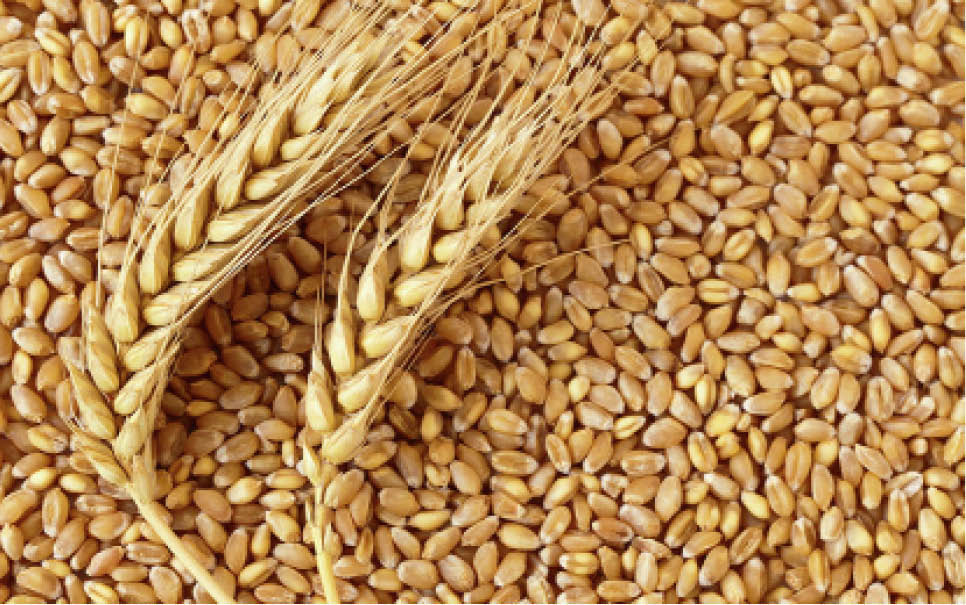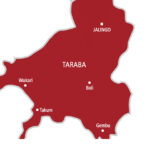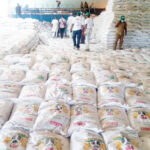The Nigerian seed sector is estimated to generate more than N2.2 trillion by 2021.
The National Agricultural Seed Council has estimated that the country would require 10,355 metric tons of Early Generation Seeds [EGS] to produce 918,743.28 metric tons of certified seeds. These will in turn produce about 103.1 million metric tons of food from 46.2 million hectares by 2021.
According to Director General of National Agricultural Seeds Council (NASC), Dr Philip Ojo, “this is expected to add N2.227 trillion to the Nigerian economy and employ 18, 500, 293 farm families along the agricultural value chain”.
According to Access to Seeds Index , an international platform bridging the gap between the world’s leading seed companies and the smallholder farmers said the country would need about N130 billion to produce 400,000 metric tons of high quality seeds annually.
But the country is currently doing between 70,000 to 80,000 tons which is far below the national demand for population estimated at over 70 millions farmers.
Africa represents only two per cent of the global seed industry worth about $50bn.
However, a Strategic Plan for the National Agricultural Seeds Council (NASC) 2020 to 2024 said that the strategy will require an estimated N1,826, 068,150 billion in additional funding over the next 5 years.
If the strategy is critically followed, by 2024: “at least 40% of farmers that have participated in the demonstration trials would have adopted improved open pollinated and hybrid seeds across priority value chains – Roots and Tubers (Cassava & Yam), Grains (Maize, Rice, Soybean Sorghum), vegetable (Amaranths).
“At least 60% of seed sellers and distributors in local seed markets per region would have been visited by inspectors and would only sell and promote certified seeds.”
At the recent seed retreat convened by the Minister of Agriculture and Rural Development, Sabo Nanono and attended by the Chairman Senate Committee on Agriculture Senator Abdullahi Adamu, his counterpart from the House of Representatives, the National Agricultural Seeds Council (NASC)’ Nanono told key stakeholders including seed researchers, companies, entrepreneurs that he called for the retreat because he wanted to have a clear picture of the problem of seed and how to sustainable improved on it because according to him, he wants to change the narrative.
Nanono explained that if quality seed is not available to the farmers, there can be no meaningful progress in the nation agriculture and his mechanisation drive, which is the central pivot of his administration, will be of no essence.
He said he ordered the retreat to better understand the major issues that have slow significant progress in the country seed industry with the view to addressing some of the challenges with the sense of urgency.
The minister said he wants to sustain the progress made so far tackle some the challenges head-on.
Senator Abdullahi Adamu reiterated the commitment of the legislative arm to quick passage of the various bills pending at the National Assembly into law in order further strengthen the industry.
Adamu particularly expressed concern over the neglect of the nation indigenous food crops by the Nigerian research community and called for a review of those researches to increase the potentials and potency of our indigenous crops.
Why fake seed is increasing
Dr Philip Ojo said the Nigerian seed industry now has a lot of threats adding that “in recent years, there has been an increase in complaints from farmers on sharp practices, such as counterfeiting and fake seeds, fraudulent labelling, regulatory offences.”
“This situation is contrary to what obtains between 2012 and 2016 when the country experienced an 81% decrease in the quantity of fake seeds in circulation. This recent upsurge from our findings may be linked to the following:
“The involvement of commodity associations in seed deployment without recourse to the NASC through various intervention programmes of government and international Donor organisations.”
Dr Ojo said the gross infrastructural deficit in Agricultural Research Institutes for Early Generation Seeds (Breeder and Foundation Seeds) production and conditioning is a problem that must be tackled.
More worrisome is that there is a disjoint between research and farmers which is as a result of the collapse of seed extension services hence the need to immediately build the capacity of seed extension officers to encourage dissemination and massive adoption of improved technologies.

 Join Daily Trust WhatsApp Community For Quick Access To News and Happenings Around You.
Join Daily Trust WhatsApp Community For Quick Access To News and Happenings Around You.


